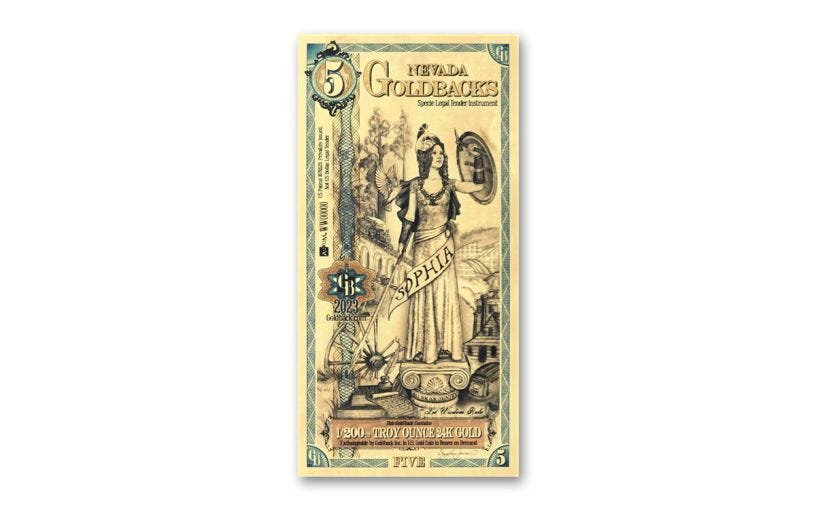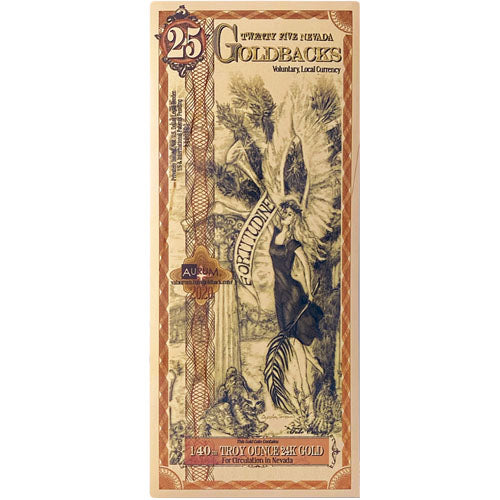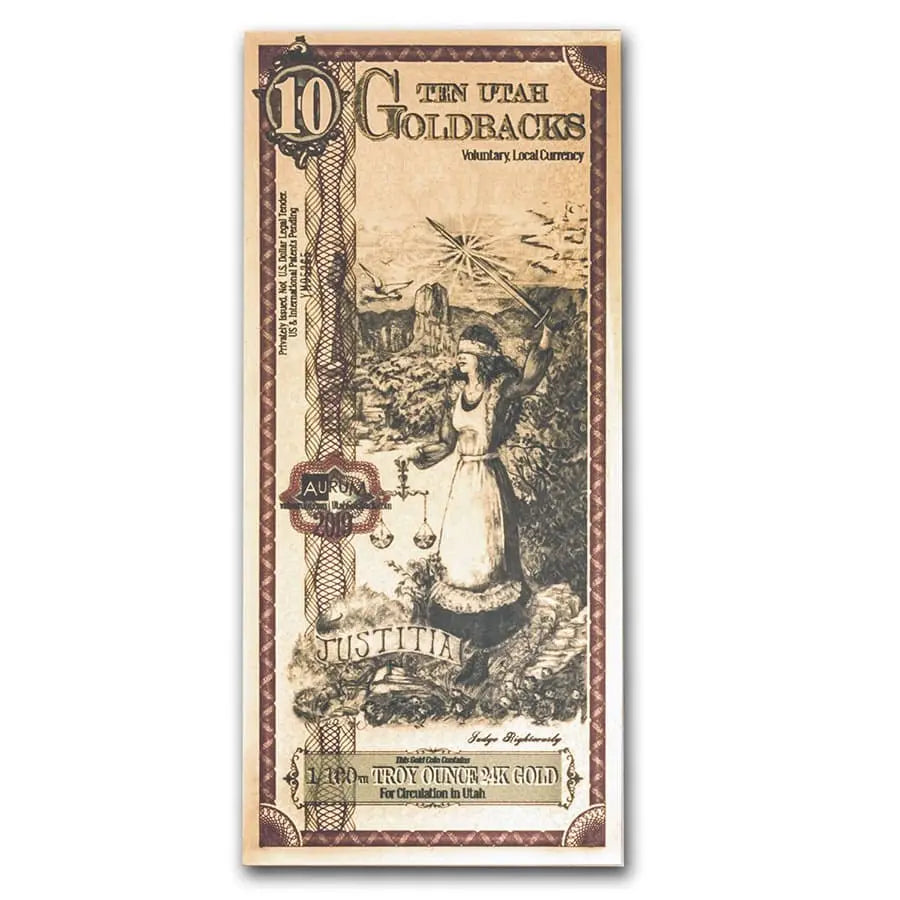
The Cashless Society, Karl Marx, and How Goldback Can Combat Centralized Control

The rise of a cashless society, driven by digital payment systems, raises significant concerns about privacy, freedom, and centralized power. While often promoted for its convenience, a cashless world could lead to a level of economic control that even Karl Marx might not have envisioned.
In The Communist Manifesto, Marx advocated for the centralization of credit and money as a means to manage resources and promote equality. However, in practice, such centralization often leads to control by a select few, limiting individual autonomy. A fully cashless society, where every transaction is monitored and recorded, risks creating a system of surveillance and control. Governments or corporations could restrict access to funds, freeze accounts, or impose financial penalties at will. This system could also exclude those without access to digital infrastructure, widening economic inequality.
Additionally, a cashless economy is vulnerable to cyberattacks, fraud, and technical failures, creating risks for individuals and the broader financial system. These challenges call for alternatives that preserve privacy, autonomy, and stability.
Goldback offers a compelling solution. As a physical, gold currency, it combines the tangibility of cash with the intrinsic value of precious metals. Unlike fiat currencies or digital payment systems, Goldbacks are not controlled by any central authority. This ensures financial autonomy and privacy, as transactions made with Goldbacks are untraceable. Their gold backing provides stability and protection against inflation, while their physical form makes them accessible to all, including those excluded from digital systems.
While a cashless society may appear convenient, it concentrates power in ways that threaten individual freedom. Goldback provides a decentralized alternative, offering a path toward financial resilience and autonomy. As we navigate the future of money, preserving diverse systems like Goldback is essential to safeguarding economic freedom.





















